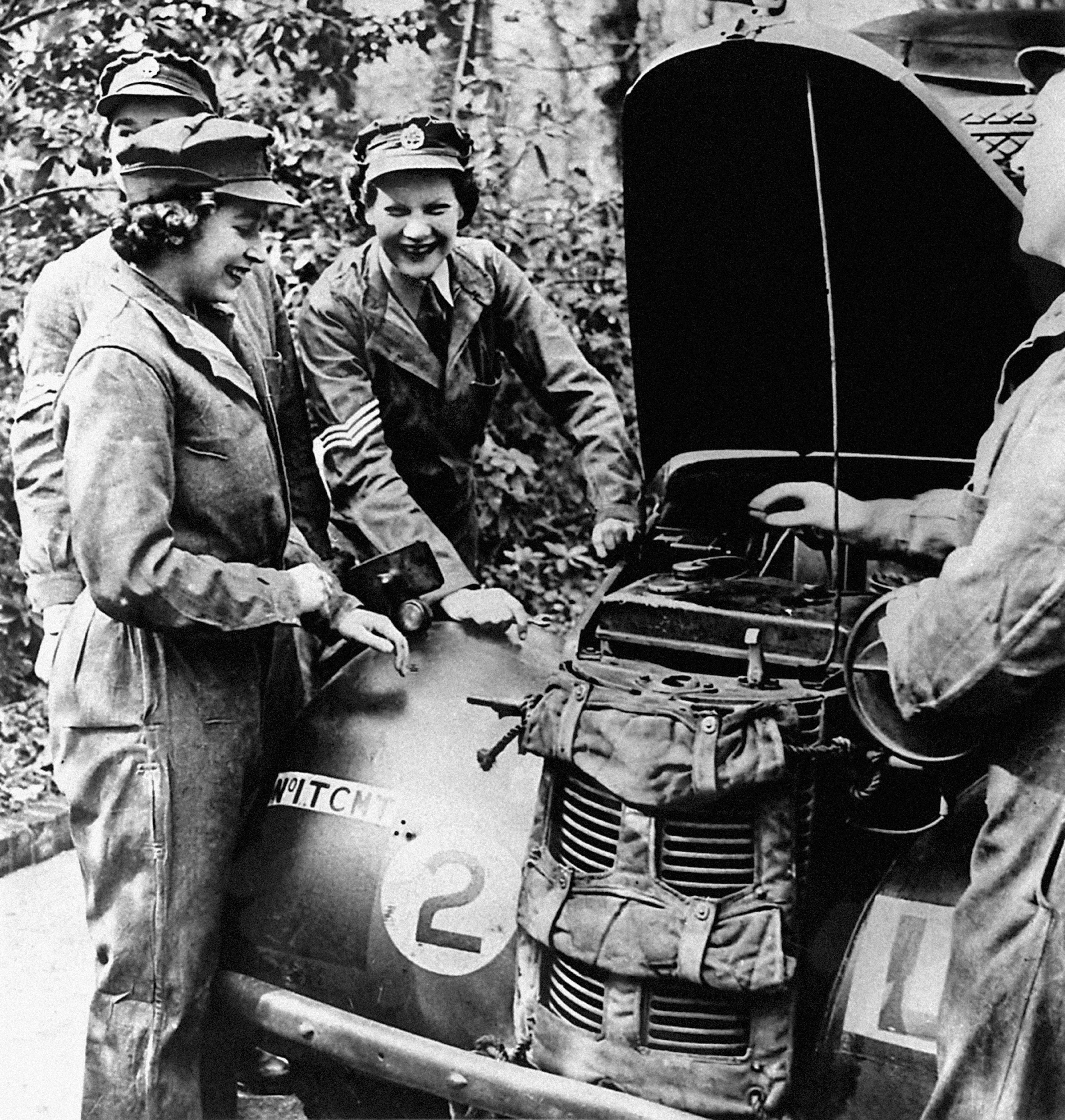Funeral guests describe ‘honour and privilege’ at receiving invitation
Charity bosses are among those invited.

Your support helps us to tell the story
From reproductive rights to climate change to Big Tech, The Independent is on the ground when the story is developing. Whether it's investigating the financials of Elon Musk's pro-Trump PAC or producing our latest documentary, 'The A Word', which shines a light on the American women fighting for reproductive rights, we know how important it is to parse out the facts from the messaging.
At such a critical moment in US history, we need reporters on the ground. Your donation allows us to keep sending journalists to speak to both sides of the story.
The Independent is trusted by Americans across the entire political spectrum. And unlike many other quality news outlets, we choose not to lock Americans out of our reporting and analysis with paywalls. We believe quality journalism should be available to everyone, paid for by those who can afford it.
Your support makes all the difference.Charity chiefs have described the “honour” of being invited to the Queen’s funeral.
Representatives of charities for which the Queen was patron will join the royal family and world leaders at the service at Westminster Abbey on Monday.
Fiona Gardner said it “deeply moving” to have been invited to represent the Women’s Royal Army Corps Association.
She told the PA news agency that the late monarch had a “common bond” with women who served in uniform.
The Queen joined the Auxiliary Territorial Service (ATS) in 1945, becoming the first female member of the royal family to join the armed forces as a full-time active member.
Ms Gardner, vice president of the association, said: “I think it’s going to be incredibly emotional, and extremely poignant.
“I have to say I’m incredibly honoured because I’m representing the members of the WRAC Association – which includes members of the ATS who, of course, served alongside her late majesty.
“There was such a strong connection between her majesty and former members of the ATS, around 230 of our members are former ATS, we’ve got ladies who served with anti-aircraft, we’ve got ladies who served at Bletchley.
“That connection has only got stronger over time because her majesty has been so kind to us as our patron.
“When I met her she was just so genuine, so on the spot, she knew so much but she was so kind and put people at ease when she met them.
“It’s really moving to think about that 70 years of service and the common bond between women who served in uniform.
“When I retired from the regular Army in 2019 I honestly thought that I wouldn’t again be present in history. I was lucky enough to have experiences in my military career which I look back on and think ‘wow I was so privileged to be in that spot at that time’, and I didn’t think that would happen again.
“Yet here I am as a representative of these marvellous ladies at the WRAC Association and it is deeply moving.”
Meanwhile, Dr Jilly Tolfrey, chief executive of the Fire Fighters Charity, said that the Queen had a particular affinity with the charity after staying in London during the Blitz.
She told PA: “It is an honour and a privilege to attend the funeral, particularly as a representative of the Fire Fighters Charity and all our representatives.
“Her Majesty was our royal patron for 69 of her 70-year reign.
“The Fire Fighters charity grew out of the Blitz, providing service to widows and orphans of fire service personnel. Her Majesty remained in London with her parents and sister during this terrible time and she saw herself the impact on the fire service and the communities of which the firefighters were part.
“She brought all that knowledge and her majesty’s humane sympathy and social empathy.
“She was an embodiment of public service and that was really evident in her role as patron and she clearly held the fire and rescue service in high regard.”
Dr Denise Chaffer, president of the Royal College of Nursing (RCN), said it was an “absolute honour to take part in such a key moment in history” and to represent the College at the Queen’s funeral.
The Queen was patron of the RCN from 1953 until her death.
“The nursing staff are proud that they are being represented at such an historic event,” Dr Chaffer said.
“We’ve put up our own book of condolences both in the four countries but also online, and the messages in there are just so moving, just overwhelming. They show the affection that nurses have felt for the Queen.
“The Queen meet with many thousands of nurses during her time as patron of the Royal College of Nursing, always taking time to listen to their experiences.”